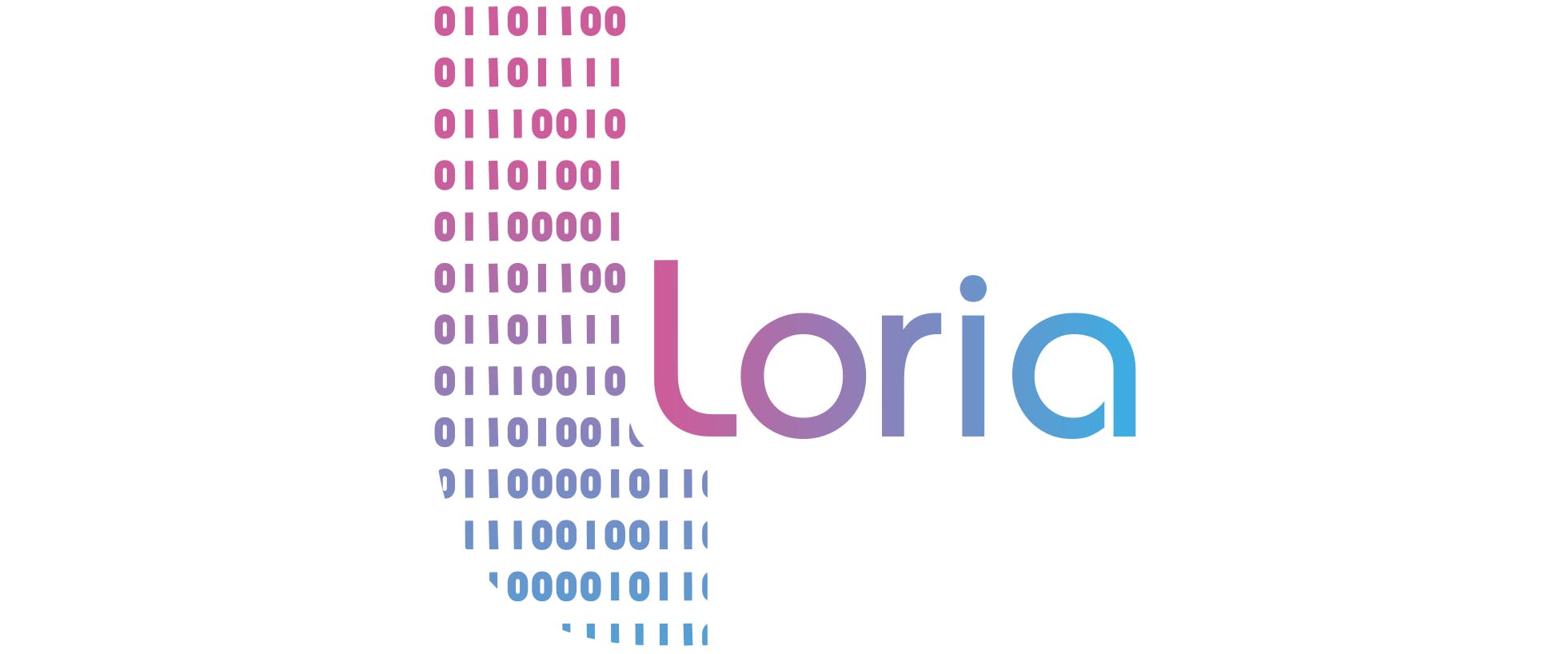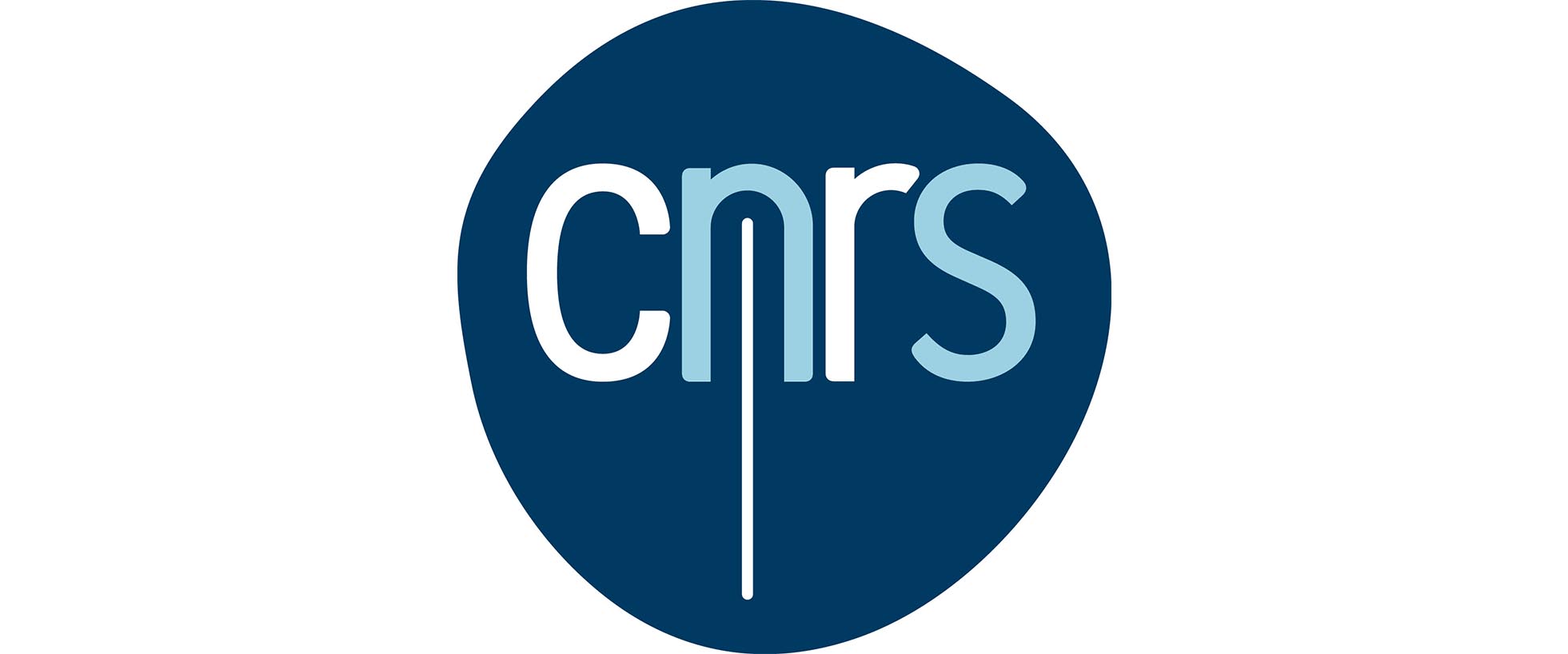PhD Grant available
Deap-learning host-pathogen surface interactome to design novel therapeutics
Thesis supervisor: Hamed Khakzad (CR INRIA, LORIA)
Thesis promotor: Isaure Chauvot de Beauchene (CR CNRS, LORIA).
Starting date: Fall 2023 or early 2024, depending on candidate availability
Duration: 36 months
Funding: INRIA CPJ, already acquired
Salary: 2050 gross/month in 1st-2nd year, 2158 gross/month in 3rd year.
Antimicrobial resistance (AMR) is one of the top ten global public health threats facing humanity and is predicted to cause 10 million deaths yearly by 2050.
Resistance against antibiotics have been increasingly observed world-wide, showing an essential need for novel therapeutics. Accordingly, the detailed understanding of the molecular interactions between pathogens and their hosts is crucial.
The main goal of this PhD project is to study the surfaces of protein-protein interactions that help Streptococcus Pyogenes to evade the immune responses. Such information will be used then to design protein binders to inhibit such interactions. To achieve this goal, the candidate will develop a deep learning model to predict the binding sites and the potential binders within the search space. This position will provide international collaboration with microbiologists and protein design groups with the possibility of in-site internships for 1-3 months.
The PhD candidate will be hosted in the CAPSID team, LORIA lab (INRIA –CNRS – UL), supervised by Hamed Khakzad (INRIA Junior Professor) with
expertise in integrative structural biology, host-pathogen interactions, protein design, and deep learning, Marie-Dominique Devignes (CNRS, HDR), expert in data
integration and knowledge discovery from biological databases, and Isaure Chauvot de Beauchene, expert in macromolecular modeling and docking. The team consists
of 7 permanent researchers with expertise in macromolecular interactions and docking, structural biology, and deep learning, together with several PhD and master
students.
Eligibility:
- Master’s degree in Computer Science, Bioinformatics, Chemoinformatics or a related master program
- Proficiency in programming languages (Python) and good coding practices is a must
- Skills in algorithm design
- Experience in machine learning and/or deep learning (scikit, PyTorch)
- Ability to work independently and also to work in a team
- Excellent oral and written English skills
Applications must be sent to Hamed.Khakzad@inria.fr, and must include:
- a detailed recent CV
- a list of publications, if any
- a cover letter describing the candidate’s research interest and expertise relevant to the subject
- the name of at least 2 scientists willing to provide a letter of recommendation, incl. Master supervisor.
- the Master thesis reports if available
- links to the Master/PhD thesis if available
- links to personal code repositories (s.a. github), if any



